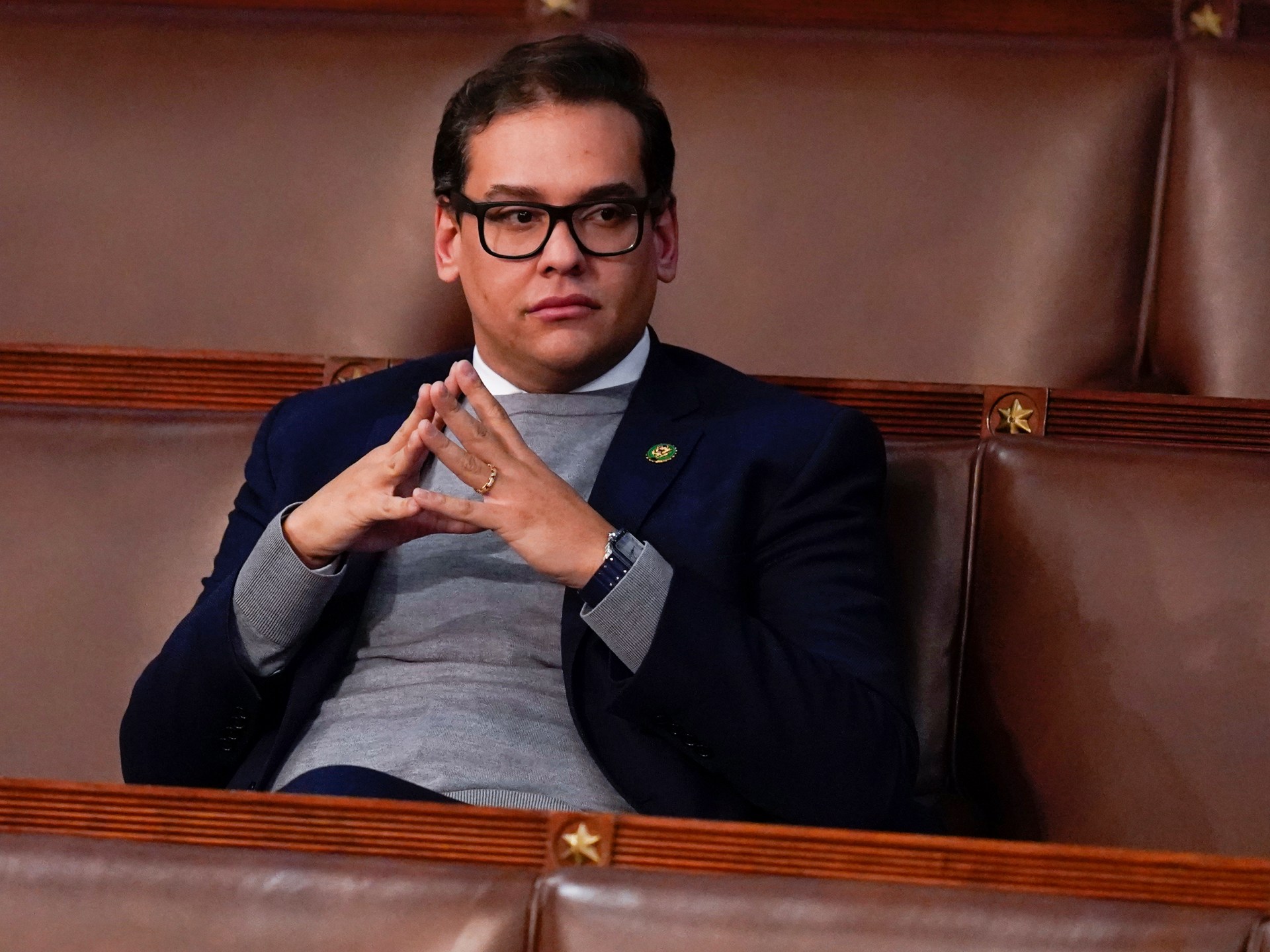Erdogan’s Stance on YOK bill
Erdogan argued that there needn’t necessarily be a consensus among institutions, rather that consensus should exist among the people. So he effectively said that consensus with YOK, the universities, the General Staff and the media is not important. His reasoning goes like so: ‘As my party is the ruling party, the majority of voters are in consensus about the regulations we’re proposing.’
This stance should be discussed in terms of how a democracy works. Democracy isn’t the same as majority rule. Instead, it’s a regime which protects the rights of minorities as well. That’s why political power is subject to checks and balances, the principle of the separation of powers is indispensable, and the use of sovereignty on behalf of the nation shouldn’t be left to just one political organ, that is, the government alone. The judicial and legislative branches are independent from the executive (the president and the government) and responsible for exercising checks on it. Democratic governance depends on the principle of consensus and it’s open to legal checks and balances.
So depending only on a majority of votes and deputies — saying, in other words, ‘I represent the national will, I can do whatever I want, whatever the Parliament decides is kosher’ — is invalid. The Parliament is one of the organs through which sovereignty is exercised. Its decisions hold only if they accord with the Constitution; otherwise they are null and void. This is the check mechanism of the separation of powers. In this respect, a stance which neither seeks a consensus nor takes into consideration the views of other constitutional organs obviously has some problems understanding democracy. If the understanding of sovereignty and democracy Erdogan showed yesterday was correct, there would have been no need for an independent judiciary, executive and checks, or autonomous universities and non-governmental organizations (NGOs), and the political power would have ruled the country. However, that wouldn’t be a democracy.
What will happen after Erdogan’s stand? He is determined to get this bill passed. The Justice and Development Party (AKP) deputies can easily do so. But afterwards, the president might veto it. If Erdogan doesn’t change the stance he took yesterday, the bill would be passed by Parliament again, after the veto. Then the president would have to sign it. However, he would also have the right to appeal to the Constitutional Court to overrule it. If this procedure is followed, the judiciary would have the final decision. Then we can see if the government made an arrangement appropriate under the Constitution’s principle of equality.”



